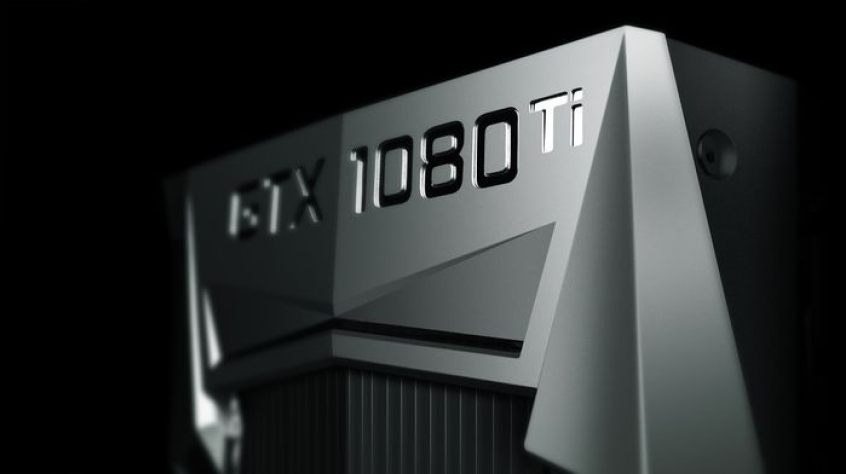
NVIDIA recently launched a high-powered gaming graphics processing unit (GPU) called the GeForce GTX 1080 Ti. But with AMD releasing the Radeon RX Vega soon, will NVIDIA's card still be the best one out there?
NVIDIA claims in their news release that their new Pascal architecture-based graphics card is the "fastest gaming GPU ever" with its ultimate specs. According to the specs announced in the news release, GeForce GTX 1080 Ti features extreme performance, with 3,584 CUDA cores and 11 GB GDDR5X frame buffer that will greatly improve one's gaming experience; next-generation memory architecture, with the card being powered by Micron's quad data rate G5X; advanced FinFET process, with 12 billion transistors that make it possible to take efficiency and performance to the highest level; and support for advanced graphic technologies, such as NVIDIA G-SYNC HDR, NVIDIA GameWorks, 4K, and virtual reality (VR). It also sports a sophisticated design accompanied by vapor chamber cooling.
According to a IGN's verdict, the GeForce GTX 1080 Ti is "expensive but its price almost lines up perfectly with the $525 GeForce GTX 1080, offering roughly 30 percent better performance for 33 percent more dollars." The review also stated, "As far as a verdict goes, it's pretty simple; the GTX 1080 Ti is the fastest gaming graphics card available, by a wide margin, so there's not much nuance here."
Launched worldwide on March 10, NVIDIA's new gaming graphics card is being sold at $699. It is said to be even better and faster than the outstanding NVIDIA Titan X, which was originally priced at $1,200.
On the other hand, AMD's upcoming gaming graphics card is set to compete with NVIDIA's GeForce GTX 1080 Ti. While there are no details yet regarding its official specs, some leaks have circulated online. As reported by Trusted Reviews, the leaks include possible specs for Radeon RX Vega, such as High-Bandwidth Cache Controller (HBCC), which makes the graphics card work more efficiently and provide a better gaming experience; and Rapid Pack Math (RPM), which makes use of flexible next-generation compute modules.
According to MobiPicker, other possible specs for AMD's new graphics card may include, 25 teraflops of 16-bit compute, 64 compute units with 64 stream processors, as well as an HBM2 stack with 512 GB/s of bandwidth and 8 GB of memory or higher.
There has yet to be an announcement regarding the price of AMD's Radeon RX Vega.













